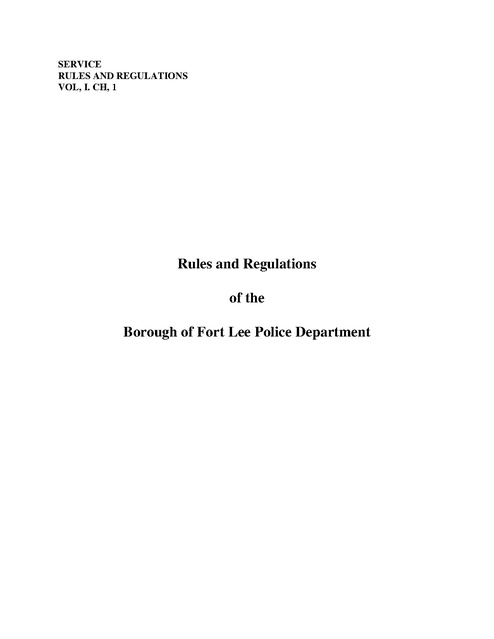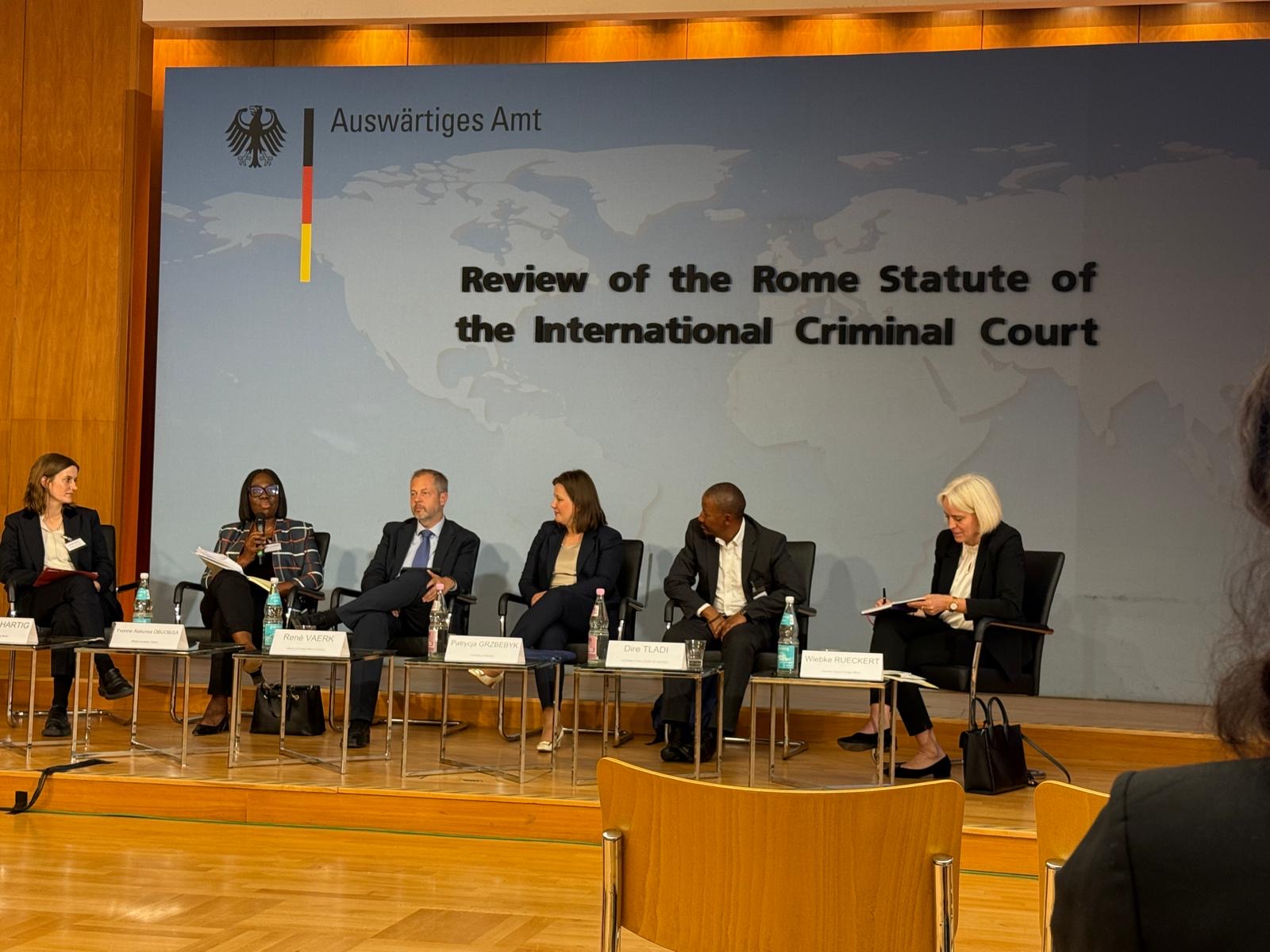Report on Judicial Action Against Journalists in Red Bank, New Jersey
Case Summary and its Relation to Sustainable Development Goals
A legal conflict in Red Bank, New Jersey, highlights a significant challenge to the principles outlined in Sustainable Development Goal 16 (Peace, Justice and Strong Institutions). On June 27, 2025, Brian Donohue, a reporter for Redbankgreen, was issued a court summons for refusing to remove a published report concerning an arrest that had subsequently been expunged. This incident directly engages with SDG Target 16.10, which seeks to ensure public access to information and protect fundamental freedoms, and Target 16.3, which promotes the rule of law and access to justice.
Chronology of Events
- August 2024: Kyle Pietila is arrested by the Red Bank Police Department.
- September 18, 2024: Redbankgreen publishes details of the arrest, sourced from the official police blotter, as part of its community reporting.
- March 2025: The arrest record is officially expunged by order of Municipal Court Judge Frank LaRocca. Redbankgreen updates its original article to note the expungement.
- June 13, 2025: Mr. Pietila files a complaint against the news outlet for its refusal to completely remove the article.
- June 26, 2025: Judge LaRocca finds probable cause to charge reporter Brian Donohue and publisher Kenny Katzgrau with violating New Jersey statute 2C:52-30, which pertains to the disclosure of expunged records.
- June 27, 2025: A summons is officially issued to Mr. Donohue.
Institutional Policies and Legal Conflict
The case presents a direct conflict between a news organization’s editorial policy, designed to uphold public access to information, and a state law intended to provide judicial relief.
- Redbankgreen’s Policy: The outlet maintains a policy of not erasing factual historical records. Instead, it amends articles upon request to reflect dismissals or expungements. Publisher Kenny Katzgrau stated their policy also includes requesting de-listing from search engine indexes after two years to balance historical accuracy with individual privacy. This approach reflects an effort to maintain a transparent public record, a core tenet of SDG 16.
- Legal Framework: The charges are based on a New Jersey statute that criminalizes the disclosure of an expunged arrest, carrying a maximum fine of $200.
- Constitutional Challenge: The journalists intend to contest the charges, arguing that legislation cannot retroactively compel the deletion of information that was truthful and lawfully obtained and published.
Analysis of Implications for SDG 16
Target 16.10: Public Access to Information and Fundamental Freedoms
The prosecution of journalists for publishing public records is viewed by press freedom advocates as a direct threat to fundamental freedoms. The Freedom of the Press Foundation (FPF) condemned the action, with FPF Advocacy Director Seth Stern stating, “Prosecuting journalists for declining to censor themselves is alarming and blatantly unconstitutional, as is ordering the press to unpublish news reports.” Such actions risk weakening the strong institutions necessary for a just society by intimidating the press, which plays a crucial role in ensuring transparency and public access to information about governmental and judicial processes.
Target 16.3: The Rule of Law and Access to Justice
This case illustrates a complex tension within the rule of law. While the expungement statute is designed to provide access to justice for individuals by allowing them a clean slate, its application against the press raises constitutional questions. The journalists argue that enforcing the statute in this manner undermines a higher legal principle—the First Amendment. The resolution of this conflict will serve as a precedent for how to balance an individual’s right to have their record sealed with the media’s fundamental freedom to report on matters of public record, a balance essential for the effective and just rule of law envisioned by SDG 16.
1. Which SDGs are addressed or connected to the issues highlighted in the article?
-
SDG 16: Peace, Justice and Strong Institutions
The article is fundamentally about the functioning of legal and public institutions. It details a conflict involving a municipal court, local police, and prosecutors against journalists over the principles of press freedom and public access to information. The core issue—prosecuting journalists for publishing lawfully obtained public records—directly relates to the strength, accountability, and fairness of judicial and law enforcement institutions, as well as the protection of fundamental freedoms, which are central tenets of SDG 16.
2. What specific targets under those SDGs can be identified based on the article’s content?
-
Target 16.10: Ensure public access to information and protect fundamental freedoms, in accordance with national legislation and international agreements.
- The article highlights the effort to ensure public access to information through Redbankgreen’s policy of publishing crime and arrest reports from the police blotter, which they believe has “community value.”
- It simultaneously details a direct threat to fundamental freedoms, specifically freedom of the press. The legal action against the journalists for refusing to “unpublish news reports” is described by the Freedom of the Press Foundation (FPF) as a “blatantly unconstitutional” act and an “egregious press freedom violation.” The publisher’s stance that “legislation cannot force the deletion of facts that were known, wholly truthful, and obtained lawfully” is a defense of this fundamental freedom.
-
Target 16.3: Promote the rule of law at the national and international levels and ensure equal access to justice for all.
- The article showcases a conflict within the rule of law. On one hand, a municipal court judge issued an expungement order and later found “probable cause to charge” the journalists under a specific state criminal code. On the other hand, the FPF and the journalists argue that this application of the law infringes upon constitutional rights. The FPF Advocacy Director’s comment that the prosecutors “either don’t know the first thing about the constitution they’re sworn to uphold, or don’t care” directly questions the proper and just application of the rule of law.
3. Are there any indicators mentioned or implied in the article that can be used to measure progress towards the identified targets?
-
Indicator 16.10.1: Number of verified cases of killing, kidnapping, enforced disappearance, arbitrary detention and torture of journalists, associated media personnel, trade unionists and human rights advocates in the previous 12 months.
- The article provides a specific, verifiable case that falls under the scope of this indicator. The reporter, Brian Donohue, and the publisher, Kenny Katzgrau, were issued a summons and charged with a criminal offense for their journalistic work. While not a physical detention, this legal action can be categorized as a form of legal harassment intended to intimidate the press. The FPF’s statement condemning the “latest in a string of egregious press freedom violations” implies that this is a recurring issue that this indicator is designed to track.
-
Indicator 16.10.2: Number of countries that adopt and implement constitutional, statutory and/or policy guarantees for public access to information.
- The article implicitly discusses the *implementation* of such guarantees. The United States has constitutional protections for press freedom. However, the actions of the local court and prosecutors in charging the journalists challenge the effective implementation of these guarantees. The conflict between the state’s expungement law and the journalists’ First Amendment rights is a clear example of a breakdown in the consistent implementation of policies designed to protect public access to information and a free press.
4. Create a table with three columns titled ‘SDGs, Targets and Indicators” to present the findings from analyzing the article.
| SDGs | Targets | Indicators |
|---|---|---|
| SDG 16: Peace, Justice and Strong Institutions | 16.10: Ensure public access to information and protect fundamental freedoms, in accordance with national legislation and international agreements. | 16.10.1: Number of verified cases of… arbitrary detention [or legal harassment]… of journalists.
16.10.2: Number of countries that adopt and implement… guarantees for public access to information. |
| SDG 16: Peace, Justice and Strong Institutions | 16.3: Promote the rule of law at the national and international levels and ensure equal access to justice for all. | The article implies a challenge to the rule of law through the conflict between a state statute and constitutional press freedoms, but does not directly point to a specific indicator for this target. |
Source: pressfreedomtracker.us







